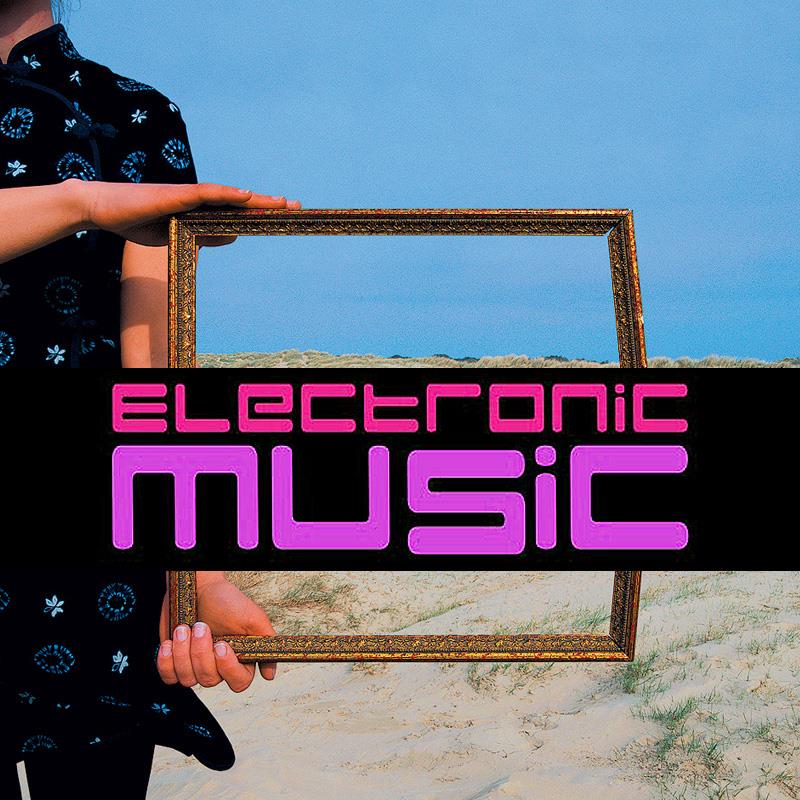
Electronic music is music that employs electronic musical instruments and electronic music technology in its production, an electronic musician being a musician who composes and/or performs such music. In the 1970s, electronic music began having a significant influence on popular music, with the adoption of polyphonic synthesizers, electronic drums, and drum machines, through the emergence of genres such as krautrock, disco, new wave and synthpop. In the 1980s, electronic music became more dominant in popular music, with a greater reliance on synthesizers, and the adoption of programmable drum machines, and bass synthesizers. In the early 1980s, digital technologies for synthesizers including digital synthesizers have been popularized, and a group of musicians and music merchants developed the Musical Instrument Digital Interface (MIDI).
Electronically produced music became prevalent in the popular domain by the 1990s, because of the advent of affordable music technology. Contemporary electronic music includes many varieties and ranges from experimental art music to popular forms such as electronic dance music. Today, pop electronic music is most recognizable in its 4/4 form and vastly more connected with the mainstream culture as opposed to its preceding forms which were specialized to niche markets.
The trend has continued to the present day with modern nightclubs worldwide regularly playing electronic dance music (EDM) which has found commercial and cultural significance in the United States and North America, thanks to the wildly popular big room house/EDM sound that has been incorporated into U.S. pop music and the rise of large scale commercial raves.